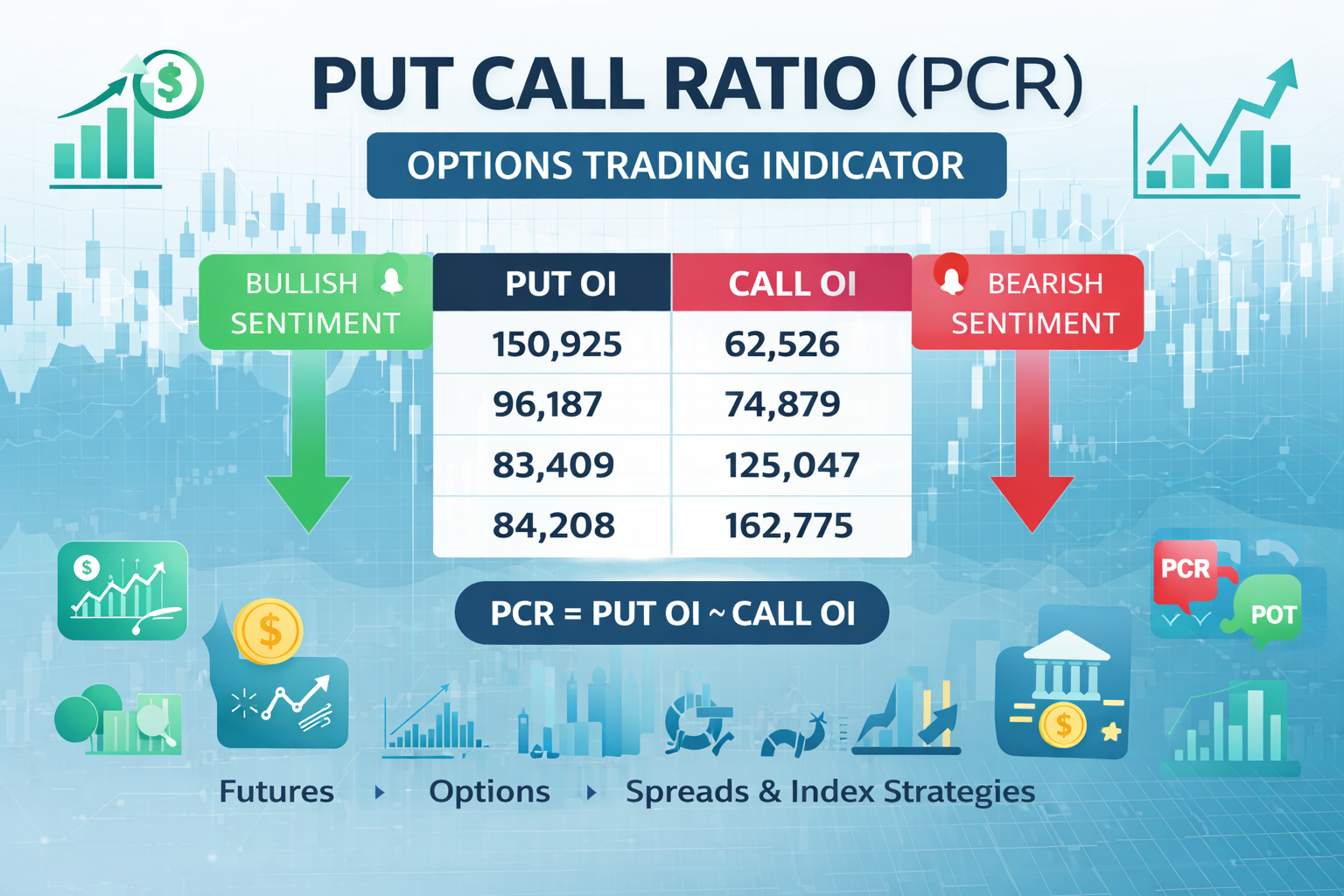Trading can be a very profitable business, but it's also dangerous, particularly for new traders. Most new traders commit common errors that can destroy their profits or even lead to huge losses. Knowing these errors and how to prevent them is the secret to becoming a successful trader. The following are the top five errors new traders commit, along with advice on how to prevent them:
1. Lack of a Concrete Trading Plan
Error:
The biggest mistake of novice traders is trading without a concrete plan. A trading plan should outline entry and exit, rules for risk management, and what to employ for a particular strategy. Without a concrete plan, traders will resort to emotional trading and find themselves in losses.
How to Avoid It:
Prepare a good trading plan before commencing. A good plan includes:
•Risk Management: Determine in advance how much capital you want to risk per trade (usually 1-2%).
•Entry/Exit Strategies: Determine the indicators, setups, or patterns you'll employ to enter and exit trades.
•Timeframe: Understand whether you're trading short-term (such as day trading) or longer-term (such as swing trading) and adjust your strategies appropriately.
•Tip: Refrain from modifying your plan or reacting to impulses or swift changes in the market.
2. Overtrading and Impatience
Mistake:
It traps most of its novice players by wanting maximum return or even due to compulsivity in wanting to "make up" losses. Overtrading usually happens when one is short on patience and can quite easily lead one down the road of exhaustion as well as immense loss within no time.
How to Avoid It
•Be Selective: Let high-quality setups that align with your trading plan and strategy ride in. Not every market move requires a response.
•Sit Out When Necessary: Sometimes the best trade is no trade. When market conditions are not favorable, step back and wait for better opportunities.
•Tip: Be patient and let the market come to you. You don't always have to trade every day to make it work.
3. Ignoring Risk Management
Mistake:
Risk management is crucial to long-term survival as a trader but is most often neglected or underestimated by novice traders. This can be in the way of taking too large a position, trading with excessive leverage, or failing to insert stop losses. Poor risk management leads to enormous losses, wiping out accounts within a short span.
How to Avoid It:
•Use Stop Losses: Always use a stop loss to avoid your possible losses on any trade. Determine how much maximum loss you are going to bear beforehand.
•Position Sizing: Never risk more than a minor percentage (1-2%) of your overall capital on any trade. If you're risking more, you're exposing yourself to larger losses.
•Use Leverage with Caution: If you are trading with leverage, use it wisely. Just as leverage amplifies your profits, it can also amplify your loss.
Tip: Stick to your predetermined risk management rules and adjust the size of the trade in relation to the degree of market volatility.
4. Trading on Emotions
Mistake:
Emotional trading because of fear, greed, or hope is also among the most common errors for new traders. Fear would cause you to close trades too early, locking in losses. Greed would cause you to hold losing trades for too long or take unnecessary risks in a bid to recover losses.
How to Avoid It:
•Stick to Your Plan: Follow the trading plan and don't make emotionally driven decisions. Believe in your analysis and system you have devised.
•Accept Losses: Losses will occur in trading. Don't chase losses, but look to make small wins consistently over a period of time.
•Unwind and Take Breaks: If you're emotionally exhausted, step away from the market. Trading with emotional bias undermines your judgment.
•Tip: Form a trading practice and mindset that helps you be calm and poised. Attempt putting your trades on paper to help you analyze the emotional aspect of your decisions.
5. Overemphasis on Short-Term Orientation
Mistake:
New traders get tangled up with the short-term movement of the market, especially when they try to scalp or day trade to make tiny profits. This will end up in unnecessary stress, high transaction costs, and primarily, losses, as they try to predict every tiny move of the market.
How to Avoid It:
•Take a Longer-Term Approach: If you're not a day trader or scalper, take a longer-term strategy, like swing trading or position trading, where a trade may last a few days, weeks, or months.
•Do Not Sweat Every Move: Know that the market will move. Rather than hoping to predict every move, maintain your method and allow your trades to ride for an adequate duration.
Tip: Learn various trading styles and decide which suits your personality and risk tolerance. Don't plunge into short-term trading if it doesn't fit your strengths or objectives.
Conclusion
Avoiding these common mistakes is crucial for long-term success in trading. Losses are inevitable, but to become a better and more disciplined trader, you must learn from your mistakes and stick to a carefully planned strategy. Stress risk management, patience, and consistency—these are the foundations of a successful trading career.









